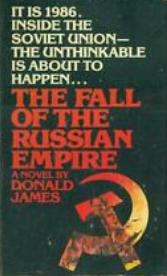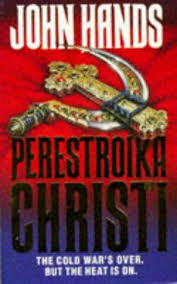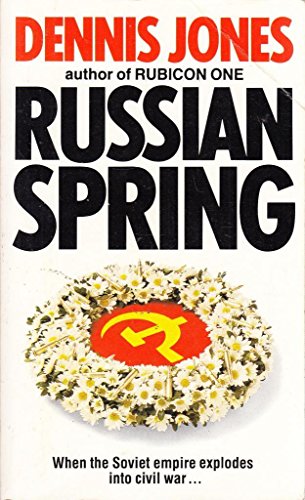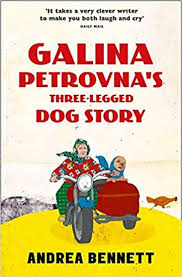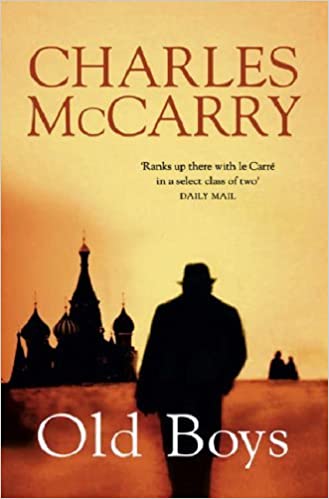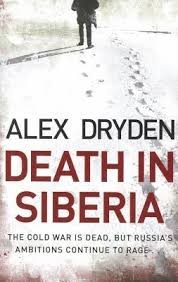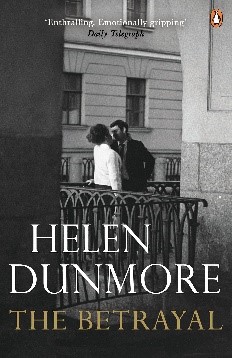
The Betrayal is not the first book reviewed on the Russia in Fiction blog that is set in Leningrad in the opening years of the 1950s. That honour goes to City of Ghosts, which is set in 1951. Helen Dunmore’s novel takes place a year later, in 1952.
In both cases, the key fact in relation to setting is that Stalin was still alive.
Before Stalin’s death in 1953, the feeling that the demise of his repressive dictatorship was long overdue was particularly keenly felt in Leningrad, a ‘hero city’ that suffered more than most during the Second World War.
Continue reading